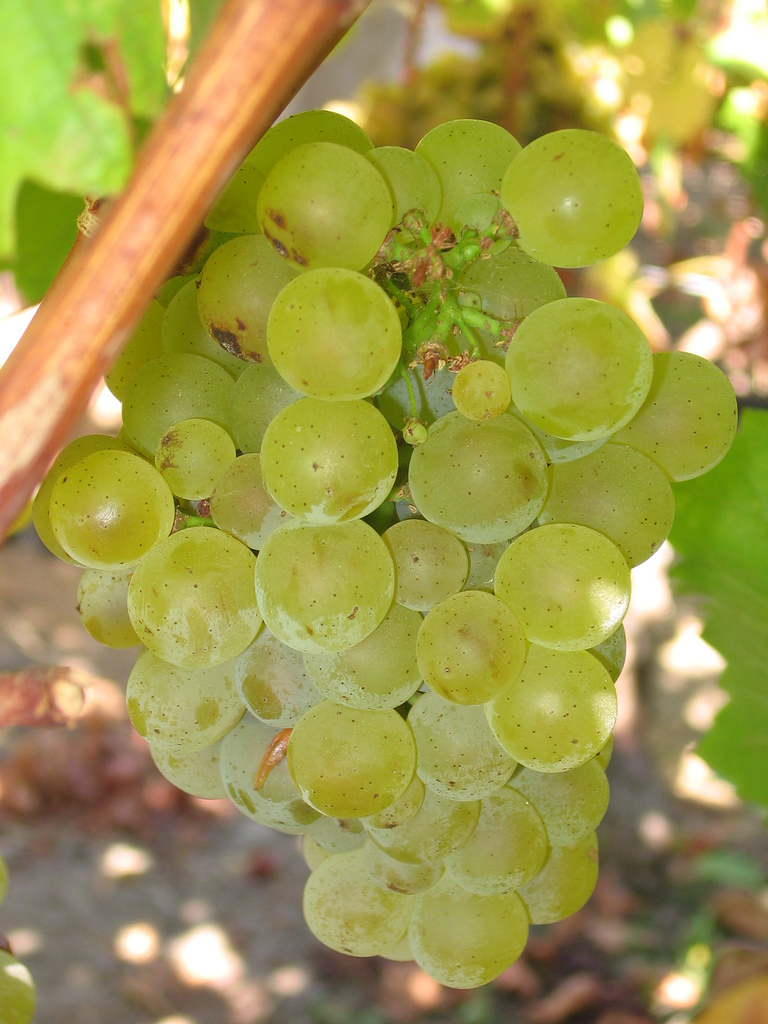Short Answer:
Yes, Sauvignon Blanc, like most wines, does contain sulfites. There are two main reasons for this:
Natural Occurrence: Sulfur dioxide (SO2) occurs naturally during the fermentation process of wine. Yeast releases small amounts of SO2 as it breaks down sugars in the grapes.
Preservative: Winemakers often add additional sulfites to their wines to act as a preservative. Sulfites help to prevent spoilage caused by bacteria and oxidation, which can affect the flavor and aroma of the wine.
While sulfites are generally safe for most people, some individuals with sulfite sensitivities may experience headaches, nausea, or other allergic reactions after consuming wine.
Let’s delve deeper into the world of sulfites in Sauvignon Blanc and explore what options are available for those with sensitivities.

Understanding Sulfites in Sauvignon Blanc
While all wines contain some level of sulfites, the amount can vary depending on several factors:
Winemaking Practices: Organic and biodynamic wines typically have lower levels of added sulfites compared to conventionally produced wines. Some producers may even use minimal intervention techniques and forego added sulfites altogether.
Residual Sugar: Wines with higher residual sugar levels, which can sometimes be the case with some late-harvest Sauvignon Blancs, may require more sulfites to prevent spoilage.
Grape Variety: White wines, including Sauvignon Blanc, generally contain more sulfites than red wines. This is because red wines have higher levels of natural antioxidants that help to preserve the wine.
Options for Sulfite-Sensitive Individuals
If you have a sulfite sensitivity, there are still ways to enjoy Sauvignon Blanc:
Look for “No Sulfites Added” Wines: While uncommon, some Sauvignon Blancs are labeled as “No Sulfites Added.” However, it’s important to note that even these wines may still contain small amounts of naturally occurring sulfites.
Choose Organic or Biodynamic Wines: These wines are typically produced with minimal intervention and may have lower levels of added sulfites.
Consider Other White Wine Options: Dry Riesling and Pinot Grigio are generally lower in sulfites than Sauvignon Blanc.
Experiment with Different Regions: Sauvignon Blancs from some regions, such as Sancerre in France, may have naturally lower sulfite levels due to their crisp and acidic style.
Talking to Your Doctor
If you suspect you have a sulfite sensitivity, it’s important to talk to your doctor. They can help you determine the severity of your sensitivity and advise you on the best way to manage it.
Conclusion
While Sauvignon Blanc, like most wines, does contain sulfites, there are ways for people with sensitivities to still enjoy this popular white wine. By understanding sulfites and exploring different options, you can find a Sauvignon Blanc that suits your taste and health needs.

Saghi Sauvignon Blanc Wines
View All Sauvignon Blanc Wines
Saghi Hot Products
- £85.99
- £17.99






























